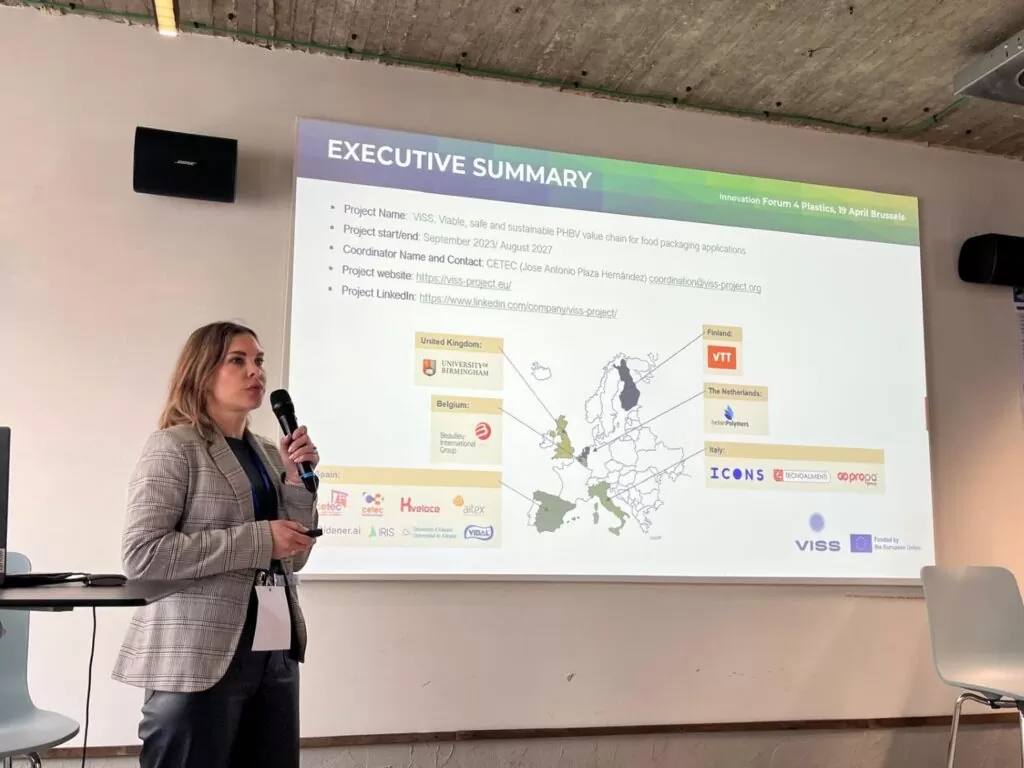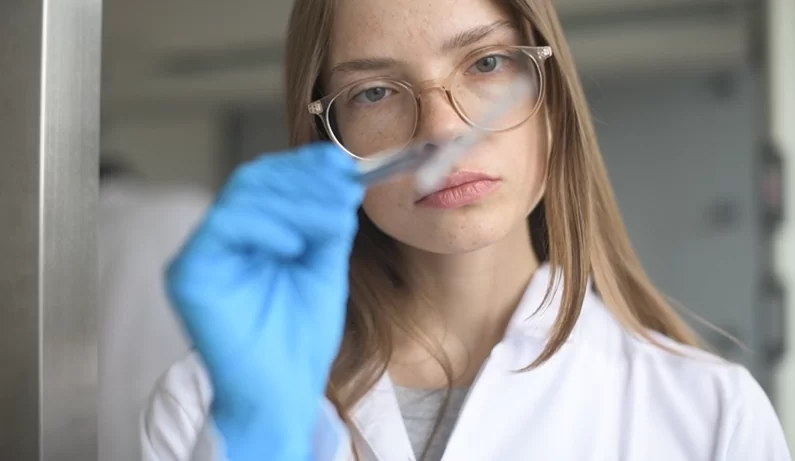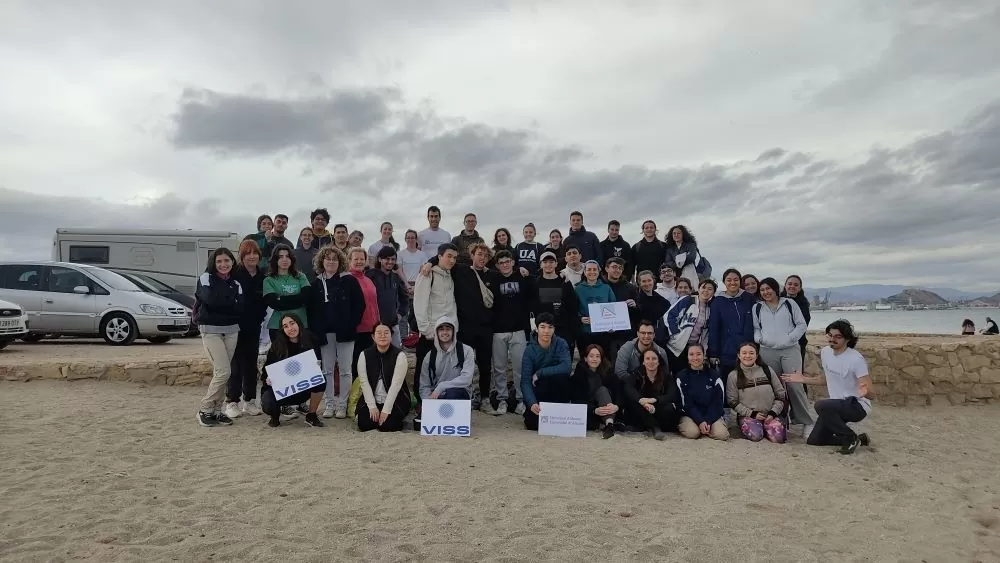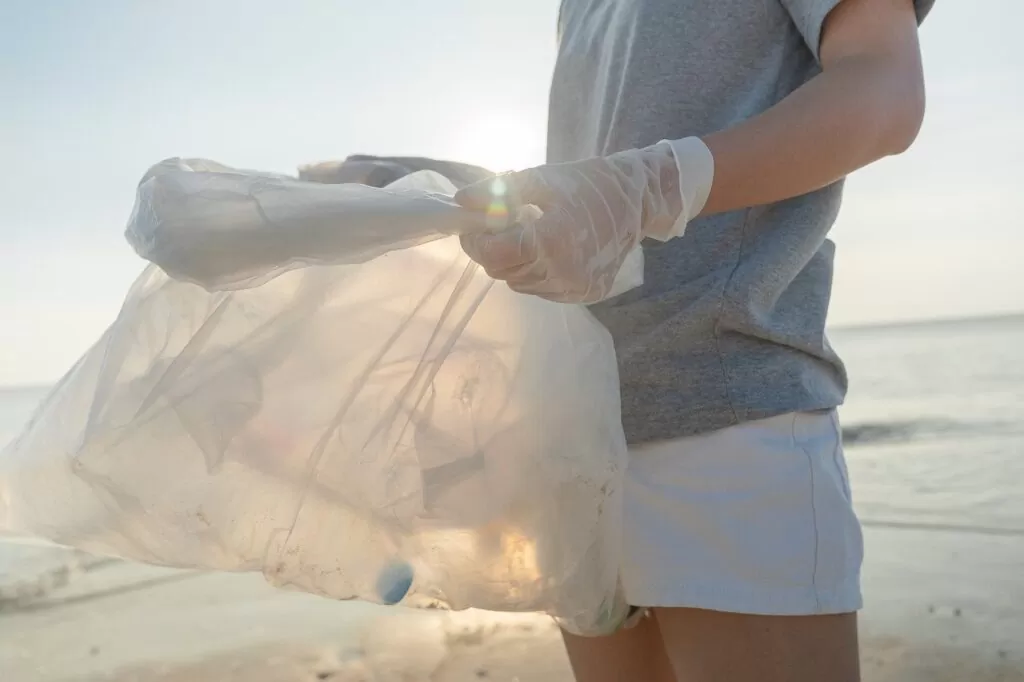Wrapping the event: highlights from the World Circular Economy Forum (WCEF)
The ViSS project took part in the Innovation Forum 4 Plastics, a side event of the WCEF
Last April 19th, the World Circular Economy Forum spotlighted innovative solutions from EU-funded projects to improve plastic recycling and circularity, aligning with crucial European regulations such as the EU Plastics Strategy and EU Circular Economy Action Plan.
ViSS‘s contribution emphasized the various regulatory, technical, and financial barriers obstructing the advancement of bio-based plastics production technology. Additionally, ViSS representatives analysed market opportunities for new sector technology, highlighting limitations stemming from gaps in research and innovation.
Picture of ViSS project
ViSS first newsletter
Embark on a journey to explore innovative bio-based plastics with our newsletter!
Dear Readers,
Welcome to the first edition of the ViSS newsletter! We are thrilled to embark on this journey with you, exploring the developments of a new bio-based plastic in Europe.
ViSS is set to revolutionize the food packaging industry with PHBV, a biopolymer that is both biodegradable and recyclable. Collaborating with 15 partners, the project aims to create a circular value chain, converting industrial food residues into this innovative material.
PHBV provides a safe and environmentally, economically and socially sustainable alternative to conventional fossil-based plastics used in food packaging. With this approach, ViSS is committed to achieving the following impacts by 2030:
- reduce CO2 emissions in the production of bio-based plastics by more than half;
- recirculate 288.95 kt of biomass;
- avoid the use of 2.2 kt of hazardous substances.
Interested in learning more about the project? Then have a look at the presentation video and a flyer that you will find in this newsletter! Explore the latest news, events, and initiatives from the project.
The project coordinator
Jose Antonio Plaza
View ViSS first newsletter in your web browser!
Picture courtesy of jackmac34, pixabay
The greatest value is in the smallest things
We are proud to release the presentation video for ViSS
The European project seeks to set up a strong value chain for PHBV, a biodegradable copolymer made from microorganisms and renewable carbon sources. Processing this copolymer, a new bio-based plastic will be created for food packaging applications.
We can find in nature what makes the plastic sustainable. Watch our video to learn more about the ViSS project.
Picture of ViSS project
Cleaning our shorelines: more than just volunteering
University of Alicante, one of the ViSS project partner, organised a beach clean-up where students from the Department of Ecology collected plastic waste from the shores of Agua Amarga (Spain) on February 25th
Besides serving as a volunteering opportunity, the event offered a Citizen Science experience, where participants have also recorded their findings using a standardized classification system. Subsequently, these data were uploaded to Marine Litter Watch, a citizen-based app that makes it accessible to anyone interested in utilizing it.
The analysis of the data, well explained in the paper titled “Anthropogenic and environmental factors partly co-determine the level, composition and temporal variation of beach debris”, shows that both environmental and anthropogenic factors co-determine the level and composition of beach debris.
Coastal clean-up initiatives like the one organized by the University of Alicante, exemplify ViSS’s dedication to fostering environmental awareness and community engagement through impactful actions.
Picture courtesy of the University of Alicante
Earth Day 2024: a global initiative to safeguard our planet
The day the planet said no to plastic
The Earth Day is a global celebration honouring the environmental movement and sustainable policies. The event is of major importance for the ViSS project, as the theme for the 2024 edition is “Planet vs. Plastic” and intends to raise significant awareness across all sectors of society on the health and environmental risks associated with fossil-based plastics.
First held on April 22, 1970, the Earth Day has evolved into the largest civic event on Earth, mobilizing over 1 billion people annually across 192 countries. The event engages individuals, industries and governments in phasing out single-use plastic and calling for a 60% reduction in its production by 2040. Additionally, the event will represent a significant opportunity to push for a robust UN Treaty on Plastic Pollution.
Numerous initiatives will be organised around the world, offering everyone the opportunity to shape a better and more sustainable future. Visit the following link for more information.







